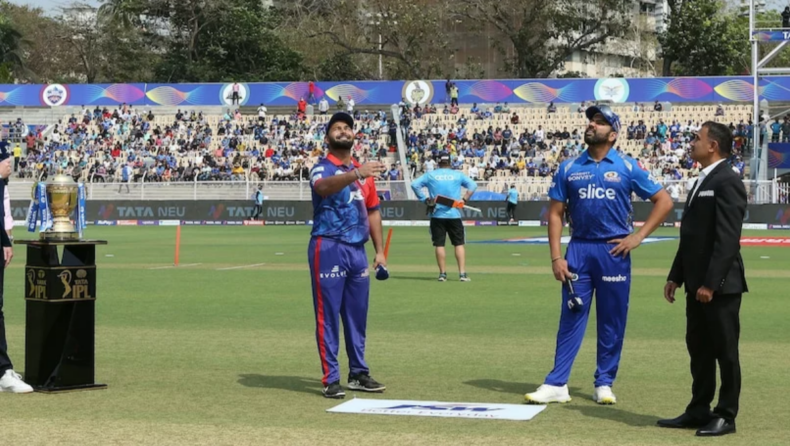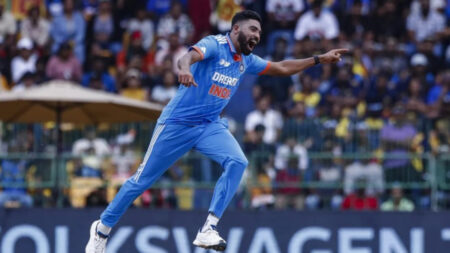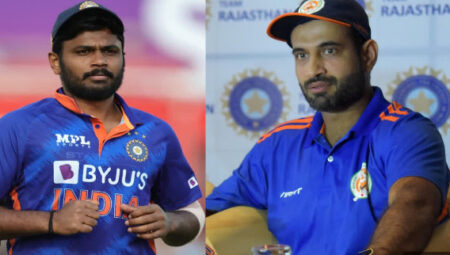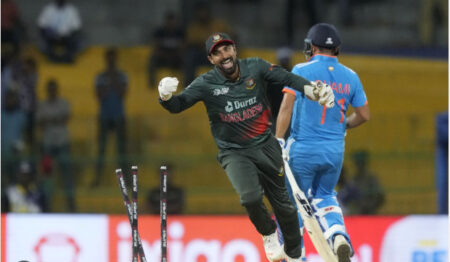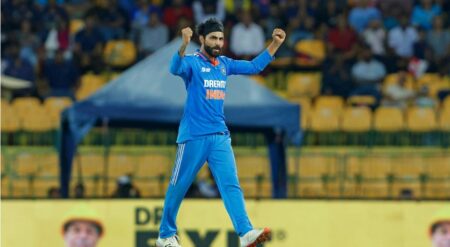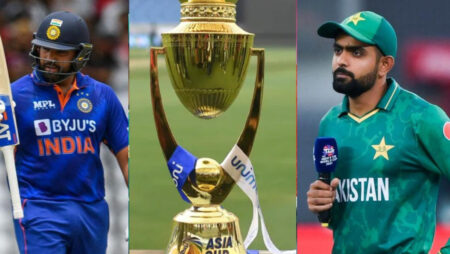In the trade-off between luck and talent, has the element of luck in winning or losing the coin toss become far too important? In the IPL, winning the toss and deciding to bat second enhances your odds of winning by up to 40%. Only 150 of the 364 IPL matches have been won by the team batting first in the last six years, while 214 have been won by the team batting second.
Starting a match with a 40% increased chance of winning simply by winning the toss goes against the underlying premise that cricket is mostly a talent-based sport. When a captain wins the toss, the majority of them choose to bat second. “The-luck-of-the-toss” has become a household term.”
Saba Karim, a former Indian cricketer, adds, “The pattern is pretty surprising. The national T20 patterns are comparable. The clubs’ strategies have been reworked as a result of the rise of powerful power hitters. They believe that chasing is preferable if you have hitters till No. 5 or No. 6. In shorter formats, teams batting second have a better probability of winning.”
“The dew factor is equally important,” S Rajesh, Espncricinfonfo’s Stats Editor, explains. “In recent seasons, particularly 2019 and 2021, the team that bowled first has enjoyed a substantial edge. For the first five or seven overs, they can bowl a drier ball.”
The importance of the toss is reflected in the betting odds (in England) for each match: if a side wins the toss, their chances of winning increase by at least 10%. For example, if Team A vs. Team B’s likelihood of winning is 55 percent: 45 percent before the toss, and Team B wins the toss, the chances shift to 45 percent: 55 percent. Alternatively, if Team B wins the toss and the chances are 65 percent to 35 percent before the match, the odds shift to 55 percent to 45 percent.
The table demonstrates that every team appears to be aware of the toss and batting second luck – 76 percent of lucky captains who win the toss choose to field first.
Putting runs on the board no longer seemed to provide them with a sense of security. Instead, they’re aiming for a score of 200 or above.
Seth Bennet, a sports broadcaster located in the United Kingdom who covers leagues all over the world, says, “In the entire world of cricket, there has been a shift in thinking where batters are able to deliver their expertise under duress. The bowlers must now go back and see what they can do.”
The importance of the toss is a new phenomenon: before to 2016, the team that batted second won 50% of the matches – a very different game than the IPL of today, when luck plays a far larger role than it did previously.
Captains who won the toss also chose to bat first in 50 percent of the matches during the earlier years of the IPL (2008-2015), when batting first or second didn’t make much of a difference.
So, what should we do? Is there any way to get rid of this excessive element of luck? One idea is that the opening match in the IPL competition, which pits teams against each other, is determined by a coin flip. However, there is no toss in the second match they play against each other: the team that lost the toss in the first match is deemed to have won the toss in the rematch and can choose to bat or field first.
Published By :- Tarsem Singh
Edited By :- Khushi Thakur







